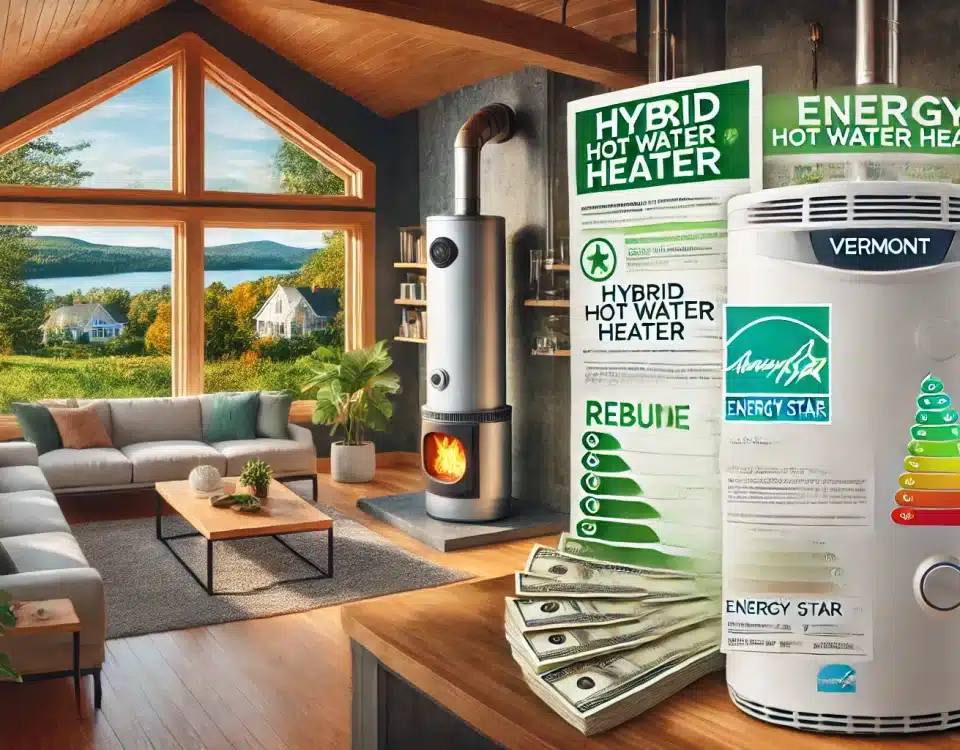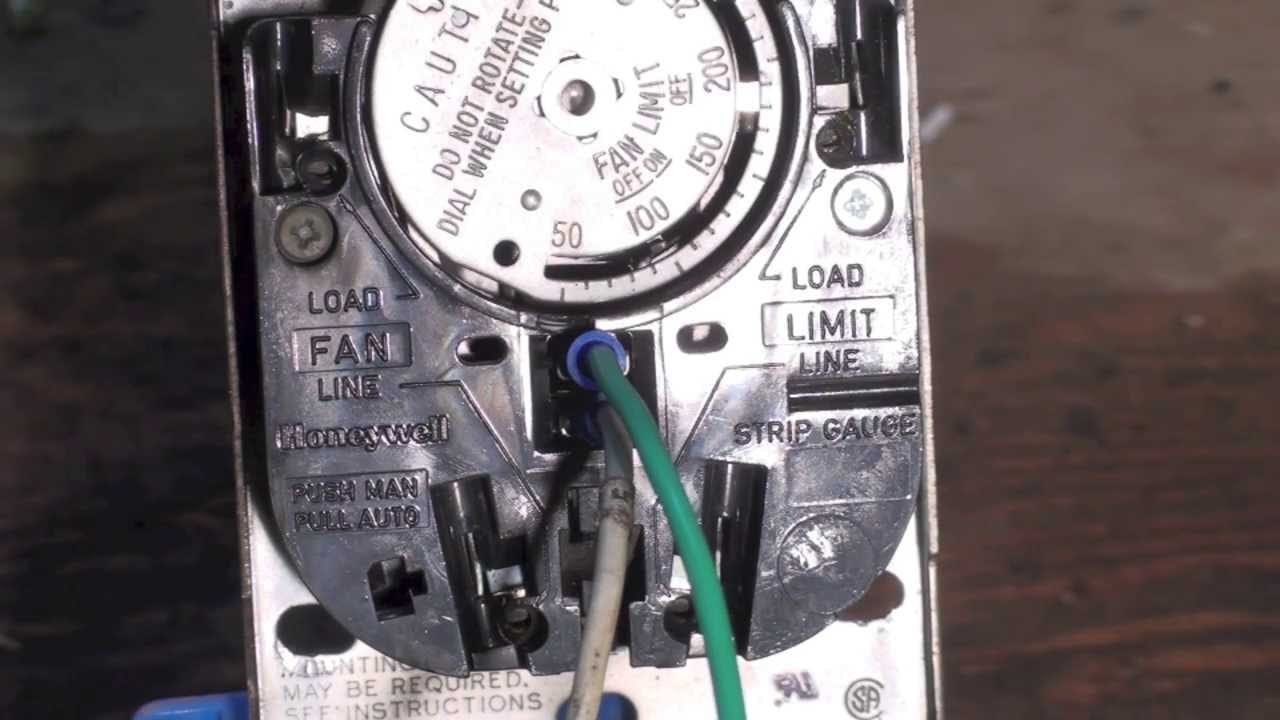We know that each home is different, which is why we took the time to find this great article on different HVAC systems to help you find the perfect one for your home.
Choosing The Right HVAC System For Your Home
Split systems, mini-splits, furnaces, and boilers are just a few of the HVAC choices out there.
Single vs Multi-Stage
Single-stage heating and cooling is a popular choice in the colder winter climates and hot, humid areas because the systems are set to provide comfort for the coldest and warmest days of the year.
However, this means that a majority of the time these heating systems or air conditioners are operating at full capacity when they don’t need to be. This is where a multi-stage system comes into play, saving you energy and money.
“You can get a single-stage system with variable fan speeds to create a variable airflow,” says Donald Prather technical services manager for the Air Conditioning Contractors of America(ACCA). “Though that variation is limited,” he stresses.
You may not experience much of a difference, because the heating or cooling unit is still working at its maximum output.
Zoned Systems
Zoned HVAC systems can heat or cool individual areas of your home by controlling zone valves or zone dampers inside the vents or ductwork, which selectively block the flow of air.
Zoned systems can save you energy and money by only heating or cooling certain areas when you need it.
Humidity Control
Humidifiers and dehumidifiers can be added as options for heating and cooling systems, and if you live in a very dry or humid climate these upgrades should definitely be on your list. About 50 percent relative humidity is considered optimal for humans.
With these systems, you can automatically control the humidity levels in a home as you heat and cool, though this is not available through forced-water heating systems that use boilers.
Heating Systems
According to the U.S. Department of Energy, modern conventional heating systems can achieve efficiencies as high as 97 percent, converting nearly all the fuel to useful heat for your home.
Heating units can be categorized into furnaces that provide heated air through ductwork, which is a popular type of heating system in the United States such as boilers that heat water for steam radiators or forced-water systems with baseboard radiators, electric heat, and heat pumps.
Furnaces generally use natural gas or propane for fuel, while boilers can use gas or oil.
Seek Annual Fuel Utilization Efficiency (AFUE) ratings (efficiency percentage) in the 80s and 90s. The national minimum for furnaces in the United States is 78 percent.
Look for Energy Star-certified systems that are more energy-efficient, and consider sealed and combustion units that bring outside air directly into the burner and exhaust directly to the outside. These are the most efficient systems and do not pose a risk of backdrafting combustion gases.
All-electric furnaces have AFUE ratings of 95 percent to 100 percent, but they are not economical in many parts of the country. You can also consider electric heat pumps to heat or cool parts or all of your home.
Some heat pumps can be added to furnaces as well, to help use less gas or propane.
Cooling Systems
Air conditioning systems today come in several different sizes and types, and what you decide to add or upgrade in your home depends on the systems you already have, as well as the climate.
If you live in a Northern climate, you may opt for portable window units that can be placed inside a window for a few months of the year.
Today’s best air conditioners use 30 percent to 50 percent less energy to produce the same amount of cooling as air conditioners made in the mid-1970s.
Even if your air conditioner is only 10 years old, you may save 20 percent to 40 percent of your cooling energy costs by replacing it with a newer, more efficient model.
The most generally known efficiency rating is the Seasonal Energy Efficiency Rating (SEER). SEER 13 is the minimum efficiency you should consider, but higher efficiencies are likely to be cost effective.
Some central air systems have SEERs of 16. In hot, dry climates you should look at the Energy Efficiency Rating (EER), which denotes how well the system will work at peak conditions.
Also look for Energy Star-rated systems for the best energy efficiency.
Click here to continue reading this article at hgtv.com




